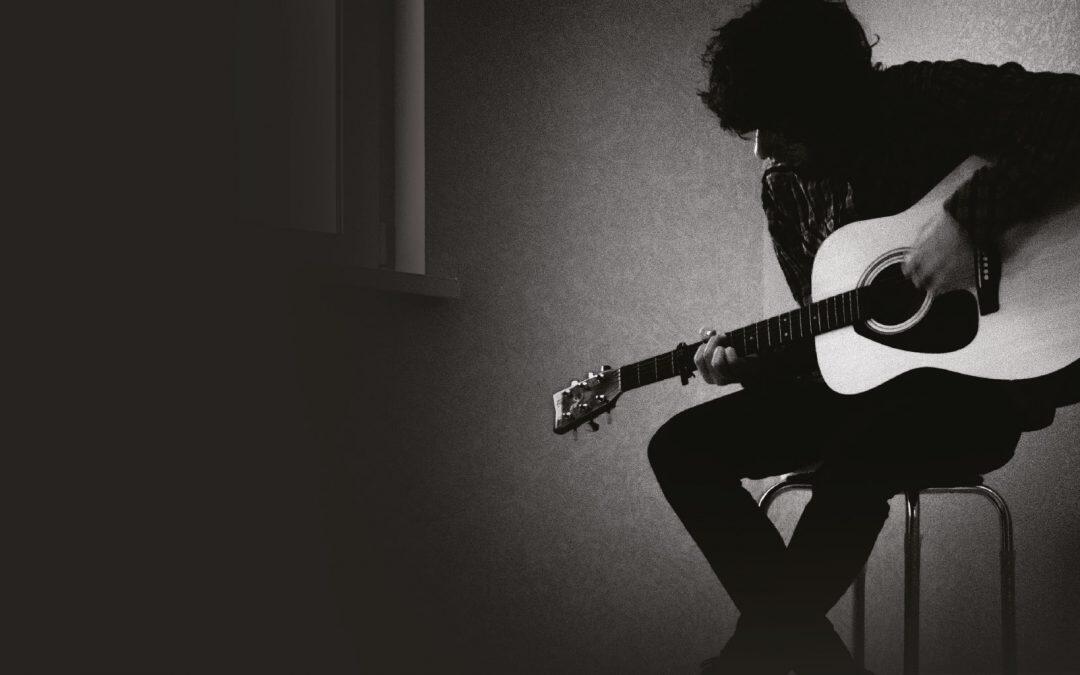A study published in Cochrane Library shows that there is significant evidence that one of the effects of music is that it relieves the symptoms of anxiety, pain and fatigue in cancer patients, while also increasing their quality of life.
The study, led by Joke Bradt, a professor of Nursing and Health Sciences of Drexel University (AU), inquired in several previous studies that examined the impact of music therapy (personalized musical treatment offered by therapists musician trained) and the musical medicine (listening recorded by a doctor or nurse music), and their physical and psychological outcomes in cancer patients.
“We have found that music therapy interventions help improve the quality of life of patients,” says Bradt. “These are important findings, since the results show that music can have an important role in how patients feel”.
Study characteristics
The research analyzed a total of 52 trials with 731 participants 3,000 cancer. Of these trials, 23 were characterized as music therapy and other medical interventions 29 as music.
Overall, one of the most important discoveries has been that all musical intervention reduces anxiety of patients.When it comes to reducing the pain they feel, researchers have found a long-term benefit; for fatigue it found a moderate effect.
They have also been associated musical interventions with reduced cardiac and respiratory rates.
“These results suggest that listening to music can reduce the need for anesthetics and analgesics and reduce the time needed for recovery and the duration of hospitalization, but need further studies to confirm While these aspects,” said Bradt and his collaborators .
Therapy or medicine
When music therapy with medicinal music was compared, the team observed a slight increase in the quality of life of patients when used music therapy. Not the same results were observed however when applied medical music.
“Both music therapy as medical music play an important role in cancer care, but do not really know at the moment what kind of intervention is better to get different results,” Bradt said.
Because of the benefits related to the quality of life of patients, especially to reduce anxiety, pain and fatigue, researchers hope that musical treatments are used more widely.
“We hope that the findings of this study encourage medical providers in medical institutions to seriously consider the use of music therapy in the psycho-social care of cancer patients,” says Bradt.











